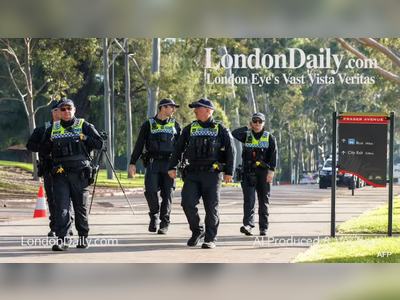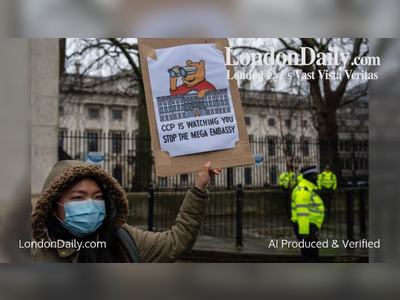How Beijing-Linked Networks Shape Elections in New York City
An investigation found that community associations with close links to the Chinese government have worked behind the scenes to influence who rises — and who falls — in New York politics. Analysts say the activity is part of Beijing’s broader global strategy to cultivate allies abroad and silence dissent before it can spread back home.
In 2023, the FBI arrested leaders of the America Changle Association for allegedly running an illegal Chinese police station from their clubhouse. The following year, a federal indictment accused a former aide to Governor Kathy Hochul of conspiring with two Chinese association heads under the direction of Chinese officials.
Videos obtained from community ceremonies show leaders pledging loyalty to Beijing alongside consular representatives, vowing to “defend the motherland,” push for “reunification” with Taiwan, and advance the “great rejuvenation of the Chinese nation” — a slogan often invoked by Xi Jinping since 2012.
At least nineteen of the groups identified had filed legal documents denying political involvement while simultaneously hosting fundraisers or issuing endorsements. In New York’s tightly contested races, many candidates have courted their support.
Investigators found at least thirty-five events since 2016 in which Chinese diplomats presided over pledges of allegiance to Beijing’s agenda. These networks have also been accused of working to undermine candidates who criticized the Communist Party or expressed support for Taiwan. One congressional candidate reportedly saw their campaign collapse after denouncing Beijing on Chinese-language television. A state senator lost their seat after appearing at a banquet with Taiwan’s president.
Though many of the associations appear outwardly as migrant cultural clubs, officials and former prosecutors say they often double as political instruments. The Chinese Consulate in Manhattan has been accused of exerting influence over these groups, sometimes leveraging family or business ties in China to pressure community leaders.
Consular officials, according to former members and investigators, have used these networks to isolate and intimidate U.S. politicians who cross Beijing’s red lines.









